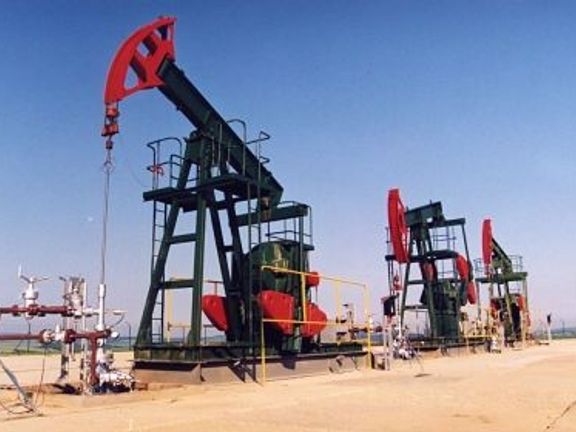Prague - Two weeks ago, the Russian oil supply to the Czech Republic was significantly reduced. The oil cuts came after the treaty on the US defense missile system was signed in Prague. But Russia says the drop in supply happened for technical reasons and "it was in no way linked to politics," Russian press agency Interfax reported.
Ivan Ottis, a leading representative of the Czech oil industry, talked to Aktuálně.cz about the reasons why Russia, Czechs´ major oil supplier, has been rather unreliable in the past few weeks.
Being active in the business for 38 years, Ottis is a member of the Executive Board of Unipetrol, the largest Czech petrochemical company.
Ottis also heads Paramo, Unipetrol's subsidiary in Pardubice, and presides over the Czech Association of Petroleum Industry and Trade.
Extremely complicated
It took unexpectedly a long time before Moscow came up with any explanation. In an interview with Aktuálně.cz, Ottis conceded that the Russian government itself may not know precisely what happened. He stressed the complexity of the bussiness deals that are behind any oil purchase.
But the main reason for the cuts in gas flow, Ottis insists, is "technical problems in Russia."
Aktuálně.cz asked about allegations that the Russian company Tatneft had redirected oil supplies from the Czech Republic to Turkey.
"We are in contact only with trading company Lanturno. It supplies PKN [controlling company of Unipetrol] and they subsequently sell to us. So we don't even know if Tatneft is one of their suppliers," explained Ottis.
"This is the business part of the problem, the logistics are a bit more complicated," he added, naming all the Czech, Slovak and Russian trading and transport companies they communicate with. "It is all very complex and hard to describe," concluded Ottis.
Russian oil: Far from irreplaceable
Aktuálně.cz also inquired about the possibilities of replacing the Russian supplies with the Mediterranean oil, using the TAL-IKL pipe.
Ottis explained that technologically, it wouldn't be difficult to replace Russian oil with oil that comes from a different region.
"Russian oil is sour, so its processing is more complicated because it needs to be desulfurized. Apart from that, processing of a so-called sweet oil doesn't differ in any significant way. Sour oil refineries can process sweet oil without problems."
"If there is oil available on the market, it is no problem from the economic point of view. Logistically, it is much more complicated," said Ottis.
In terms of transport costs, he admitted that "of course, overseas transportation and using alternative oil pipes is much more costly."
Price rises cause? Speculations
The gas price is as uncertain as the oil price, claims Ottis, refusing to predict any increase or decrease.
When asked about the reasons behind the soaring oil prices, Ottis says that there are two extreme explanations: growing demand of Asian economies and speculations of investors that transfer their capital into the commodity markets.
"Personally, I tend to believe it is more the speculations, as I don't see any other reasons why the prices should be so high."

